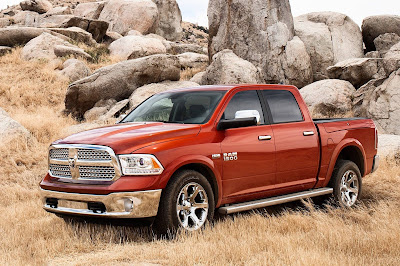Research import regulations
The first step is to research the import regulations for the specific African country you want to import the car to.
Each country has its own regulations and requirements for importing vehicles.
Some countries may require you to obtain an import permit, pay customs duties and fees, and comply with local safety and emissions standards.
It's important to thoroughly research these regulations to avoid any delays or issues during the import process.
Choose a shipping method.
Once you know the regulations, you can decide on a shipping method for your car.
The two most common methods for shipping cars from the US to Africa are by sea and by air.
Shipping by sea is generally less expensive but can take several weeks or even months for the car to arrive at the destination port. Shipping by air is faster, but much more expensive.
Find a reliable shipping company.
You'll need to work with a reputable and experienced shipping company to handle the logistics of shipping your car from the US to Africa.
Look for a company that has experience with international car shipping and that can provide you with a detailed quote that includes all the costs associated with shipping your car.
A list of car shipping companies capable of shipping to Africa in no particular order include:
Obtain necessary documentation.
To import a car to Africa, you'll need to obtain several important documents, including the car's title, registration, and bill of sale.
You'll also need to provide a copy of your passport, as well as any import permits or other documentation required by the specific African country you're importing to.
Additionally, you may need to obtain a certificate of roadworthiness or other documentation to prove that the car meets local safety standards.
Prepare the car for shipping.
Before your car can be shipped, you'll need to prepare it for transport.
This may include cleaning the car inside and out, removing any personal items, and disabling the car alarm.
You may also need to have the car inspected by a professional to ensure that it's in good condition and meets local safety standards.
Arrange for insurance.
It's important to have insurance coverage for your car during the shipping process. Your shipping company may offer insurance, or you may need to purchase it separately.
Pay taxes and fees.
When your car arrives at the destination port in Africa, you'll need to pay any taxes and fees associated with the import process.
This can include customs duties, port handling fees, and other charges. You may also need to provide additional documentation or undergo inspections before you can take possession of your car.
Overall, importing a car from the US to Africa can be a complex and time-consuming process.
It's important to do your research, work with a reputable shipping company, and be prepared for the costs and requirements involved in the import process.












